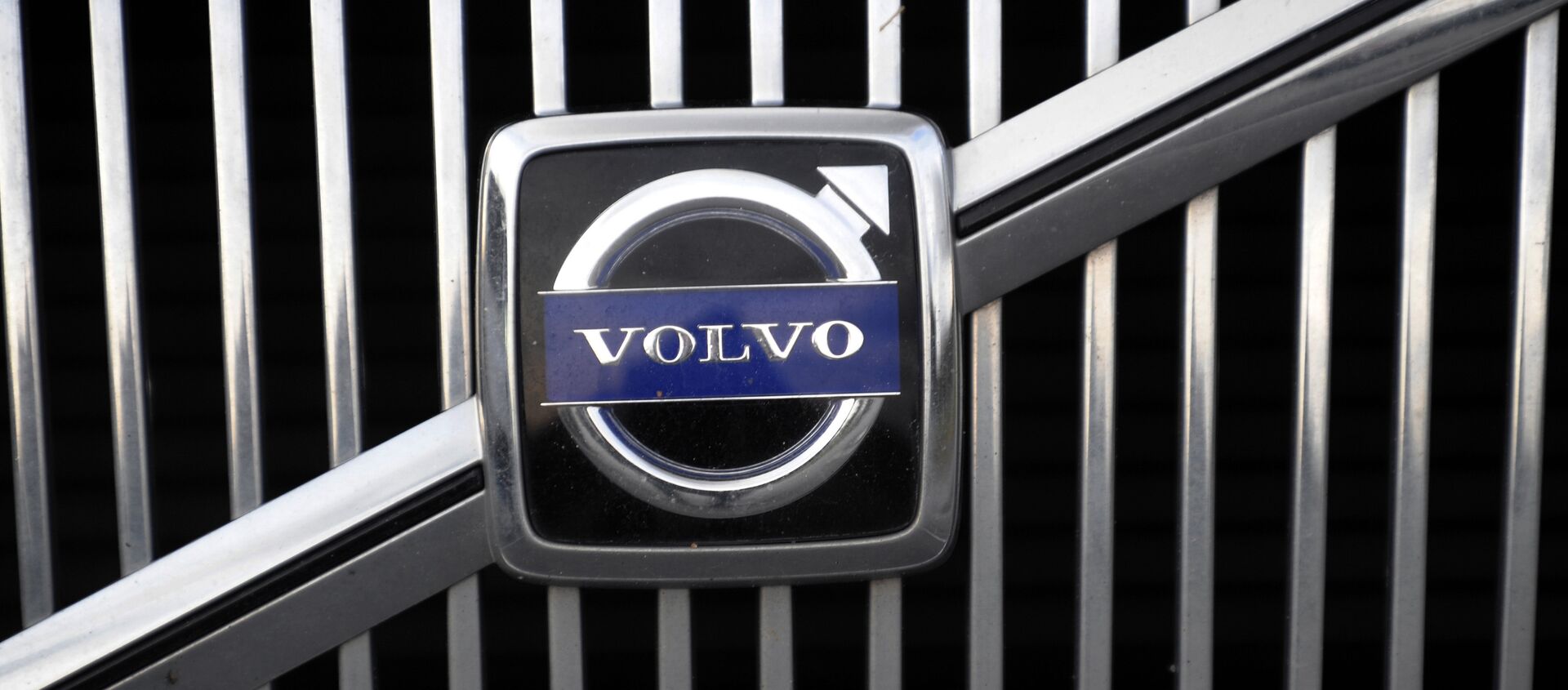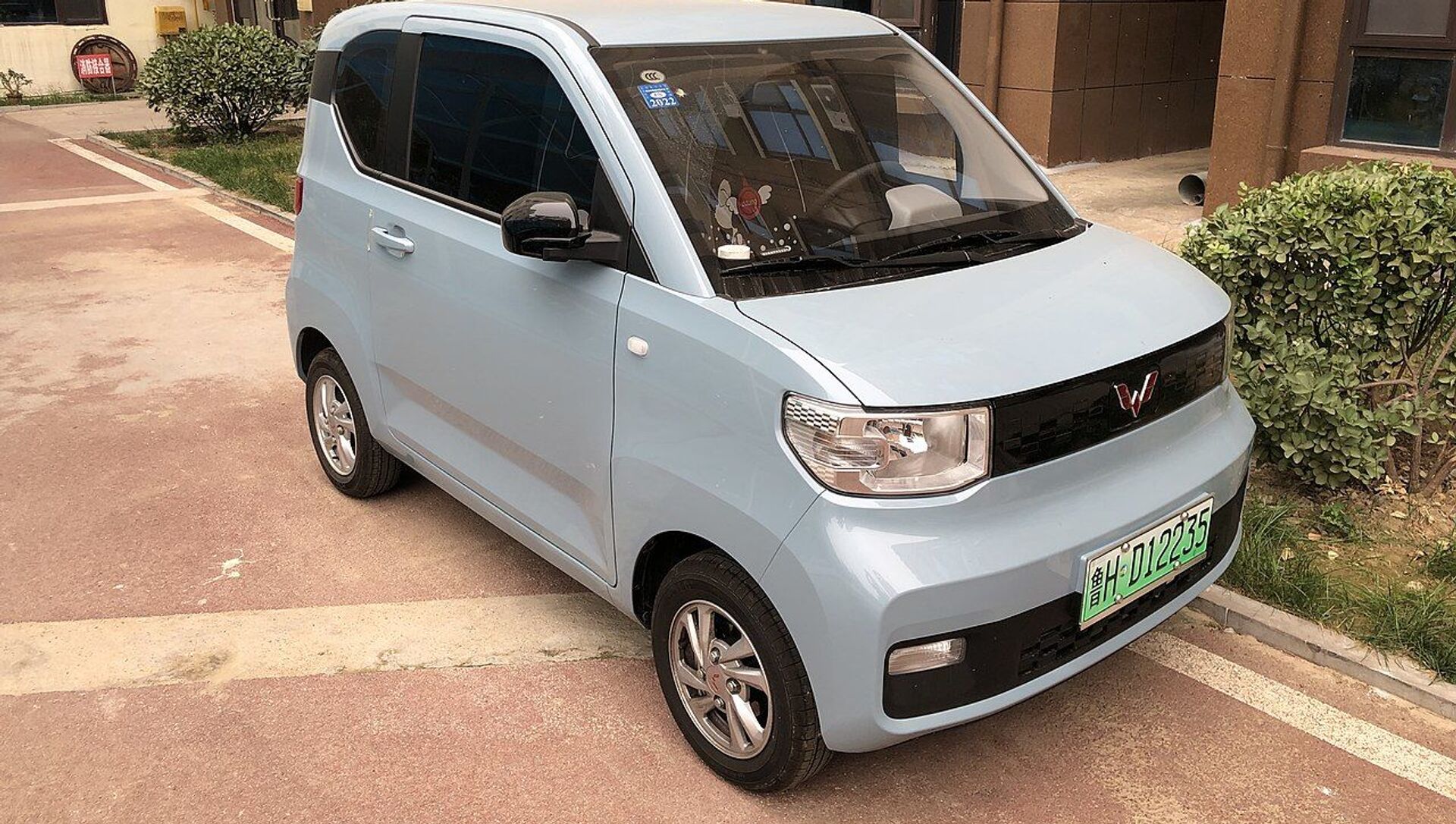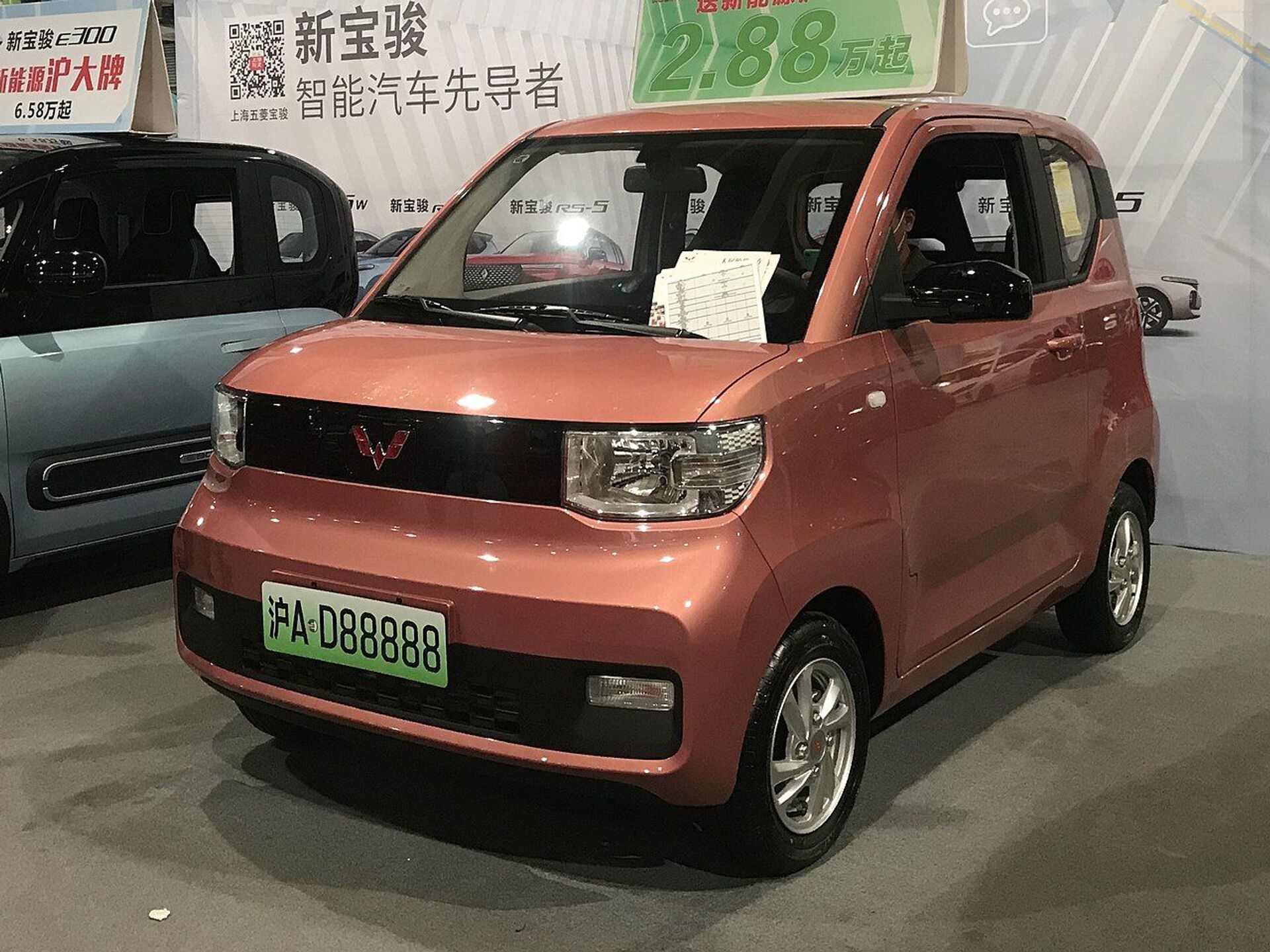Liuzhou-based automotive maker SAIC-GM-Wuling has set a new sales record for its recently unveiled Wuling Hongguang Mini EV city car, selling 200,000 units in 200 days, Chinese tech media reports.
The low-cost electric vehicle went on sale in July 2020, and has a base price of 28,800 yuan (equivalent to about $4,450 or 3,715 euros). A fully-loaded model can be purchased for the equivalent of about 5,600 bucks.
The Mini EV’s impressive sales figures are said to have allowed SAIC-GM-Wuling to outsell the Tesla Model 3’s global monthly sales figures, with the Model 3 and Model Y now ranking second and third, respectively. Tesla sold 206,500 Model 3s between January and December of 2020.
The compact, three-door Mini EV can seat up to four people, is equipped with a 17.4 horsepower electric motor, and has an advertised range of 120 to 170 km from a single charge, depending on battery configuration.
The car has a top speed of up to 100 kph and an estimated energy consumption rating of 8.1 kWh/100 km.
Despite its low starting price, the vehicle is equipped with a number of standard features, including air conditioning, power windows, and stereo. Standard safety equipment includes anti-lock breaks and rear parking sensors.
According to Chinese media, the Mini EV is especially popular among new drivers and women, with females accounting for 60 percent of new owners, and young people accounting for 72 percent of total sales.
At the moment, the vehicle is only available in China. However, automotive media have reported that Latvia’s Dartz Motorz plans to sell the micro as the Freze Nikrob EV, with the car to be assembled at a Lithuanian plant and marketed in Germany, Norway and France. The Freze brand is best known for being the Russian Empire’s first manufacturer of petrol automobiles. The Nikrob EV is expected to be sold in Europe at a starting price of 9,999 euros (about $12,000), which even at markup would still be the cheapest EV available on the continent.

The government offers incentives for the purchase and use of electric vehicles as part of its efforts to combat urban air pollution and reduce carbon emissions. Beijing hopes EVs will account for 25 percent of all vehicles sold in the country by 2025.


